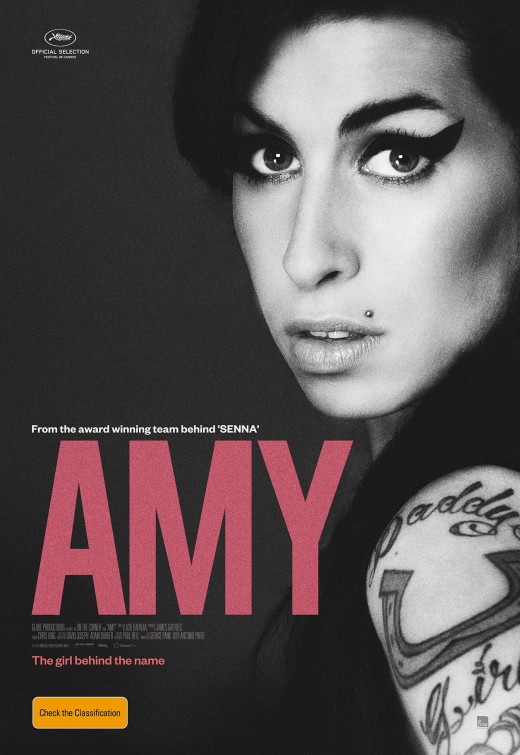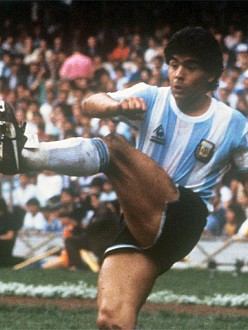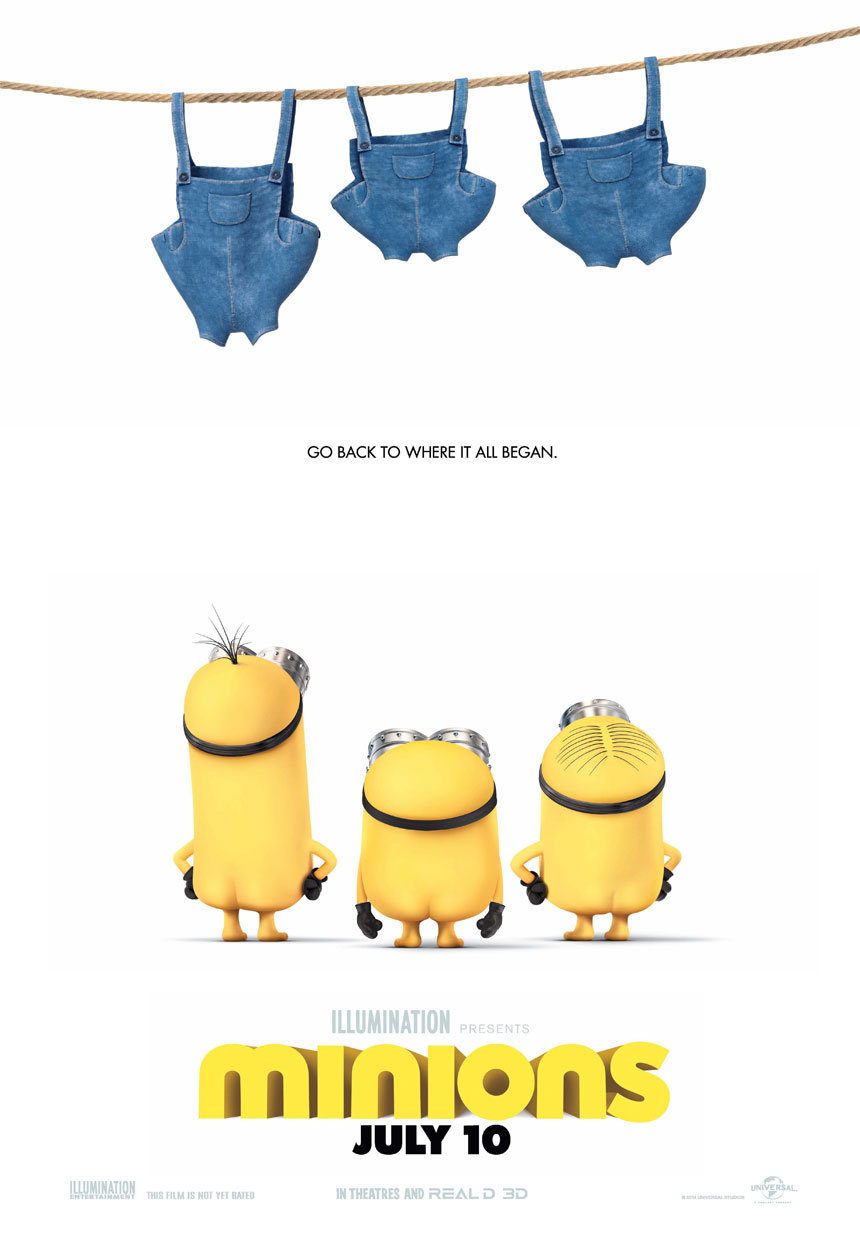Director Asif Kapadia on his shocking portrayal of the unseen Amy Winehouse
By Marriska Fernandes on July 10, 2015 | Leave a Comment
 Whether you were a fan or knew nothing about Amy Winehouse, this documentary propels you to discover the girl beneath the tabloid Amy. Summed up in a series of home videos, interviews, cell phone recordings and paparazzi shots, Amy takes you from the singer’s 14-year-old self playing guitar and writing songs, to her untimely death at 27. The credit for revealing this refreshingly honest peek at the Amy Winehouse whom so few knew goes to director Asif Kapadia, known for his award-winning documentary Senna.
Whether you were a fan or knew nothing about Amy Winehouse, this documentary propels you to discover the girl beneath the tabloid Amy. Summed up in a series of home videos, interviews, cell phone recordings and paparazzi shots, Amy takes you from the singer’s 14-year-old self playing guitar and writing songs, to her untimely death at 27. The credit for revealing this refreshingly honest peek at the Amy Winehouse whom so few knew goes to director Asif Kapadia, known for his award-winning documentary Senna.
He chose to peel away each layer of the singer, stripping her of every notion and assumption that people had. Amy’s innocence and vulnerability surface, which puts her in completely different spotlight. From her drug and alcohol abuse to her reaction at winning her first Grammy, the audience joins Amy in her climb to stardom and her eventual death. Amy is a moving portrayal that will raise and answer several questions, while you mourn her loss.
We sat down with Asif to discuss the dynamics of making a documentary on the fame-fuelled British singer and where he draws the line when doing the interviews.
When you talked to Blake Fielder and Mitch Winehouse, how eager were they to get involved?
They were not that difficult to talk too actually. They wanted to talk. The way the film came about, my producer James got a call from someone at Universal Music, who said, “Would you be interested in making a film about Amy Winehouse?” and he said, “Oh maybe, yeah.” I said, “Look, we can only do a film about a musician if we’ve got all the permissions on board, so before we even start thinking about it, we need the music, the publishing, the estate and you needed everyone to be onboard.” Actually the estate and the family had agreed to the film at the beginning. Part of the meeting and the conversation was that this is only going to work if you just leave us alone; interview everyone because we know the ending. We know how this turned out. This didn’t turn out well. She was in a bad place for a long time and she died. This is obviously going to be a heavy film. We’re going to have to deal with these issues, we’re going to have to ask all of the questions. If you’re happy with that then we’re going to make the film. Everyone understood that’s what the film’s going to be. That’s a given. That included talking to Blake. That included talking to her friends, all of the management, everyone. So that was how we laid out the deal to begin with and then I spoke to, I don’t know, about 100 people I think in the end.
How hard was it for you to find narrative with so much material to draw from?
It was really kind of the starting point for the film. It was going to be her songs. Once you start looking at the lyrics, you go, “Oh my god it’s all here, it’s a map. We just don’t know what order it is in.” The songs were always going to be the spine and in my mind this was always going to be a musical. This was going to be a musical where you have someone’s life and they sing, they have something else and they sing. From quite early on, I really like the acoustic performances. Just her and a guitar, more than the record. The records feel overproduced to me now. I just love her voice and the guitar. And I like her playing the guitar in her own weird way. So the spine and the structure was always the songs and it was just unraveling what every song was about. The whole film was a bit like detective work, try to understand who she is talking about, what does this mean, what’s this, talking to people and cross referencing it back to the songs. Literally saying what’s that about, oh it’s about him, then interview him. It was this map kind of following where the story takes you.
What was your own relationship to her music before you started the project, can you talk about what you did similarly with Senna?
Because of the success of Senna, on Amy my instinct was that it will probably be the same style, but I had no idea whether the footage actually existed. I didn’t shoot any interviews on camera and are generally from TV shows each person did. Her father does a TV show and that’s where he was talking to the camera. Her husband comes out of jail and makes a TV program and generally people are being paid to do these kind of shows and that’s what we’re showing. I knew her music but had never seen her live and had never met her. She was a local girl like someone down at the bus stop. I live in North London, I’ve lived there all my life. It didn’t make sense how someone I could have grown up with this going on, happening half a mile from my front door. All these paparazzi are hanging around outside the door attacking her and no one is doing anything. When James called I thought, finally I can make a film about where I live, about the here and now. Once I started doing the research the more I found out, the more I saw of her earlier, young and the more I liked her the more I thought, actually it’s really important to make this film now. It’s about the world we live in and what we do for people who are weak, or sick or mentally unstable, how much everyone took part in making her worse, really.
Do you hope that the film might take the focus away from “tabloid Amy” and take it back to the music?
Not just the music, the kid. I showed a very early version of the film to some friends just off my laptop and they all started crying at the beginning. They didn’t cry at the ending. What’s going on here? “We’ve never seen her happy before,” two women said to me. “We’ve seen a lot of Amy, we all liked her, we’ve just never seen her happy.”
What do you think could have been done to prevent the tragedy that happened to her based on your research?
The people I’ve spoken to said there is no guarantee but the earlier you try and help someone the more likely it could work. So that kind of initial series of incidents are what the song “Rehab” is all about. It was in 2004 or 2005 that her friends said she needed help. Her doctors and experts said that if you can get in there sooner, rather than later and stop it – and she wasn’t really that famous yet, no one in the U.S. or North America had really heard of her yet, but that’s what was the best chance they would have had to help her clean up. My theory has always been there is a point where she had to get out of London, go see the world, go to India, climb a mountain. Get out of London and realize that you’re a tiny part of the universe and the world doesn’t revolve around you. That was part of the problem, she felt like everyone was after her. She needed to get away from the entourage.
Amy is now playing in Toronto, Montreal, Vancouver. It opens in Calgary, Edmonton, Winnipeg, Victoria, Halifax and Ottawa on July 17. ~Marriska Fernandes
Comments & Discussion
Similar Articles
Amy director making Diego Maradona movie
January 30, 2016 | Leave a Comment
‘Amy’ filmmaker Asif Kapadia is to make a documentary movie about legendary soccer star Diego Maradona. The British director’s latest project, aptly named ‘Maradona’, will focus on the Argentine’s time at Italian heavyweights Napoli, who he joined in …


There are no comments yet, why not be the first?